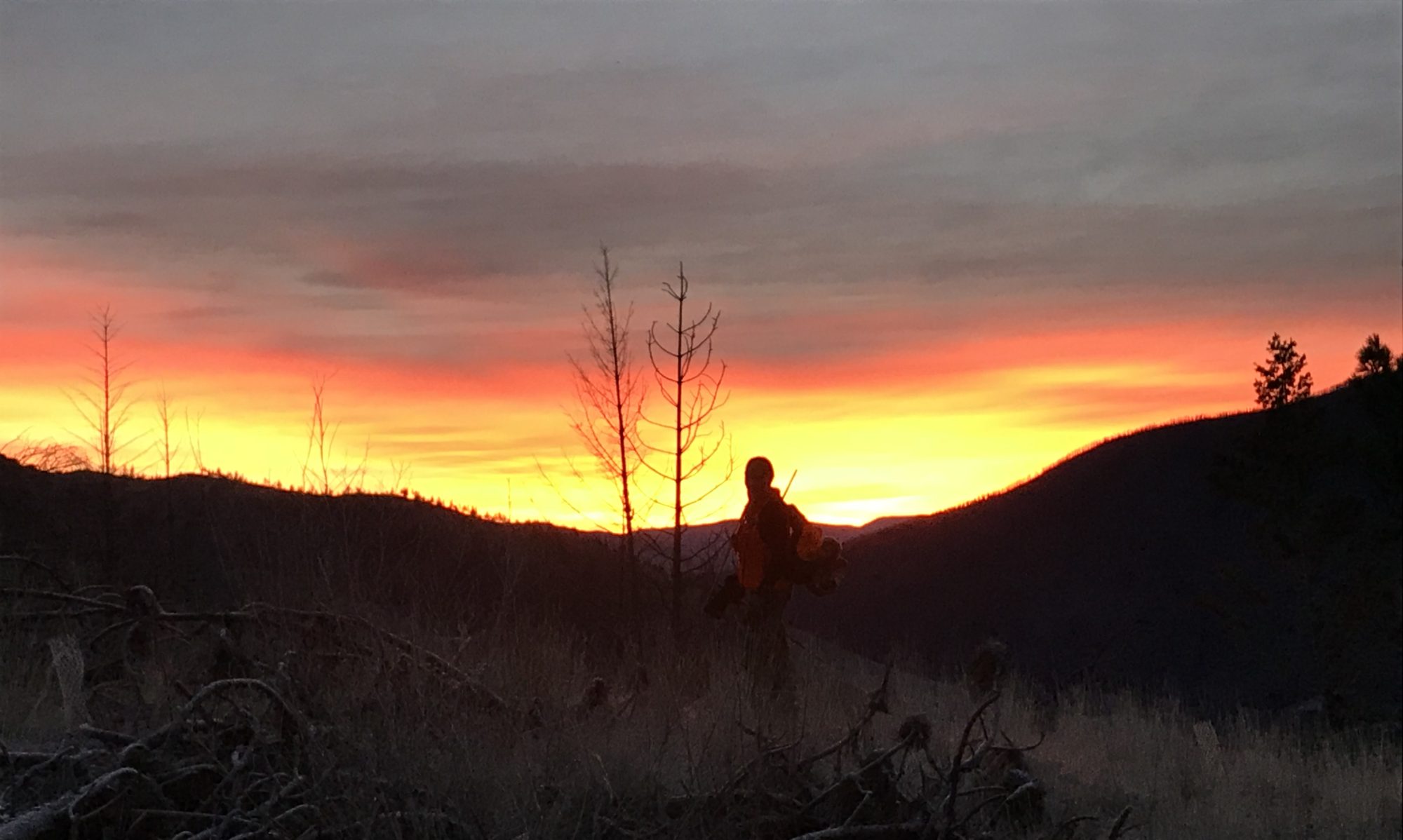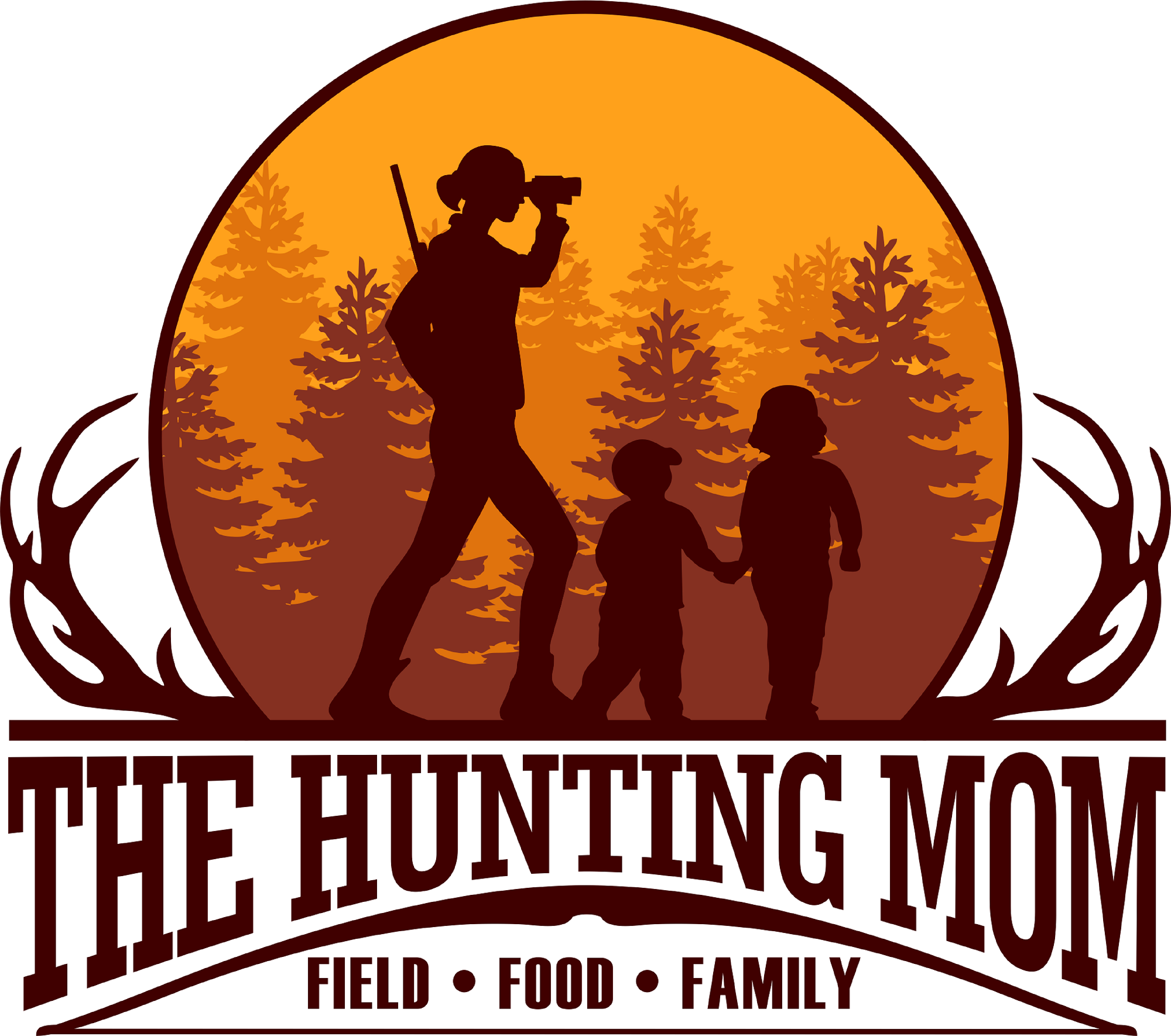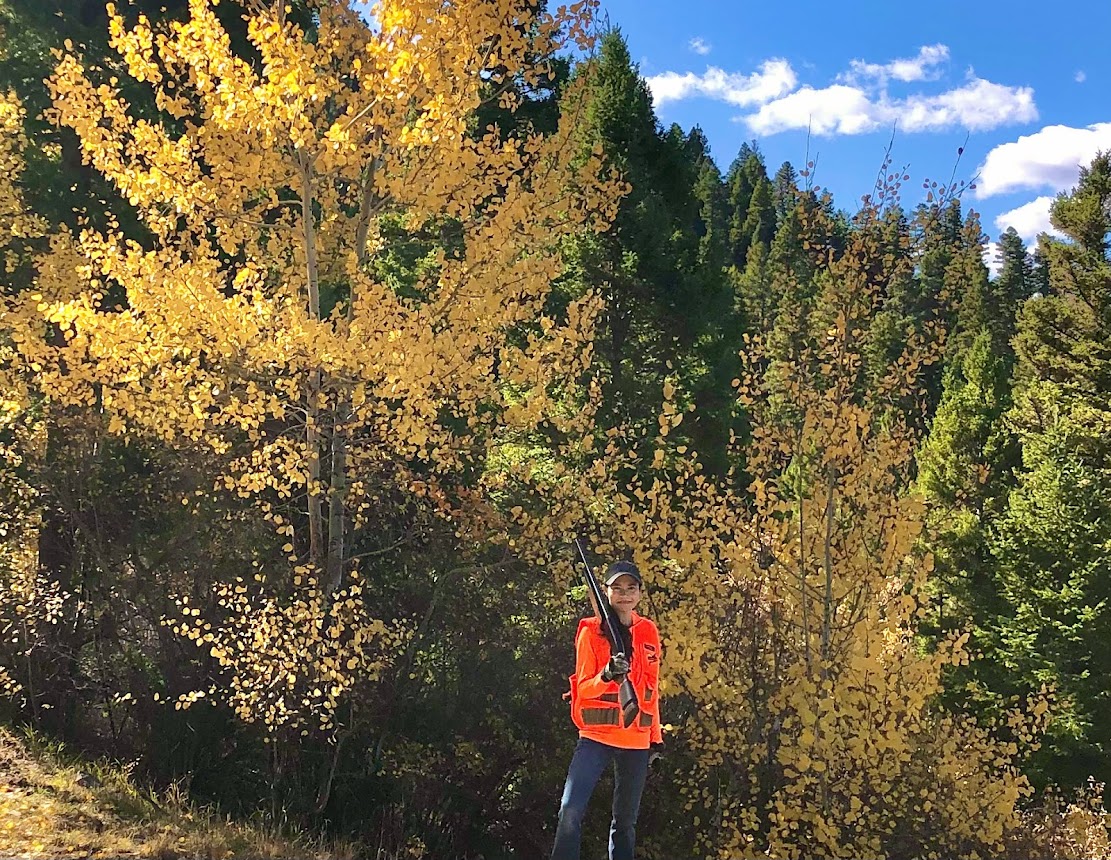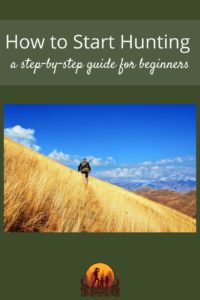So you made up your mind to start hunting. Congratulations! Hunting is a challenging, but worthy endeavor. But how to start hunting, you ask?
Those of us who were fortunate enough to grow up with a hunting mom or dad have the advantage of being able to put into practice what we learned and observed from a young age.
For those who were neither raised in a hunting family nor had grandparents or close friends who hunted, it can be overwhelming to know where to start. This step-by-step guide for beginning hunters is for you.
1. Ask yourself why you want to hunt
If you’re going to hunt, hunt for the right reasons. Trying to be a bad-ass? Not good.
Wanting to add some machismo to your persona or impress your significant other? Thumbs down.
Hoping to learn more about wildlife and harvest some lean, organic meat for your family? Now there’s a compelling reason to hunt.
Do yourself a favor and educate yourself on the benefits of hunting and decide why they’re personally important to you.
2. Take a hunter’s education course
A hunter’s education course is the best place to start and will provide instruction on safety, ethics, methods, and more. You can become a certified hunter by taking an online hunter education course. However, if it’s available in your area, I recommend an in-person class, which will provide opportunities to handle firearms in person and to converse with your classmates and instructors. After completing your basic class, consider investing in a graduate-style class, such as a master hunter or hunter advancement course, to further your hunting education.
3. Do your research
Give yourself the advantage of a little know-how and hit the books before heading to the hills. The following topics are all read-worthy:
-
- Game species
- Hunting strategies
- Hunting ethics
- Wildlife habitat
- Firearms
- Ammunition
- Archery
- Bird hunting
- Field-dressing big game
- Hunting history
- Cooking wild game
Here’s a book list for hunters to get started.
4. Find a mentor
While having a hunting mentor is not absolutely necessary to start hunting it can be helpful if you’re a newbie. But how do you go about finding a mentor if you don’t happen to know any hunters yourself?
If you take my advice and attend an in-person hunter’s ed class, you’ll likely meet people who would be happy to mentor you. If an online class is your only option, I would suggest volunteering for a conservation group such as the Rocky Mountain Elk Foundation, attending a local conservation banquet, or checking out this list of hunting mentor programs by state.
5. Study the regs
I know—studying your state’s booklet of hunting regulations sounds about as fun as eating dirt. But unless you want to be ignorant and make silly mistakes that can cost you your hunting license, money, or time in jail, you should probably take the time and give them a thorough read, focusing on the hunting districts and species you’ll be hunting.
6. Choose your weapon
First decide if you want to hunt birds, small game, big game, or all of the above. Decide also what kind of hunting you intend to do: Will you use a tree stand, blind, bird dog, or hounds? Will you be shooting waterfowl from a boat, or spot-and-stalk hunting big game? Do you plan to travel out of state to hunt? Choose your weapon(s) based on your intended quarry, style, and budget.
- Rifle – effective for big game and shooting at greater distances than archery. Rifle season is usually later and colder than archery season.
- Shotgun – effective for game birds, such as turkeys, grouse, and ducks. Shotgun slugs may be used for deer and coyotes.
- Muzzleloader – a more primitive weapon; can be used in weapons-restricted areas, since it is limited to shorter-distance shooting.
- Crossbow – may be used during either archery or firearm season, depending on your state. Not legal in Oregon.
- Traditional bow – relies on intuitive aiming. Two types: recurve and longbow
- Compound bow – more popular and generally more powerful than traditional bows.
7. Practice
No matter which weapon you choose, be sure to spend lots of quality time it—not only for your own safety, but for the animal’s sake, as well. Even though mistakes happen to the best of us, wounding an animal is a mistake no ethical hunter wants to make. Practice, practice, and practice some more. Use different targets, field positions, and dry-firing techniques—and get your bow or firearm sighted in before hunting season starts.
8. Plan your pack-out
It’s not a big deal for bird hunters, but if you’re hunting something bigger, a pack-out plan is a must. Few spots allow motorized vehicles for game retrieval. Many hunters use horses, mules, llamas, or goats to pack out their meat. If you don’t have animals, you’ll have serve as the pack mule. Game carts are helpful if the terrain is cart-friendly. Buff friends are helpful, too!
9. Get boots on the ground
There are good reasons for putting miles on your boots other than to break them in.
- You need to get in shape. While you might get lucky, don’t expect to shoot something 200 yards from the truck. Plan on walking—a lot—and either packing out what you shoot or throwing the meat on pack animals.
- You need to familiarize yourself with the terrain you’ll be hunting. Is it steep or mostly flat? Was it burned in the last few years? Is there a water source? Is there minimal cover, or is it so thick that it would be tough to pack out an animal, even if you were in shape?
- You need to observe the wildlife—especially the species you’ll be hunting. As you’re examining the terrain, also take note of what’s moving around, including predators. Read the signs: Are their game trails, rubs, wallows, beds, tracks, or fresh scat? Is there a good spot to put a blind or tree stand, if using?
10. Gear up to start hunting
You don’t have to have the nicest or most expensive gear; old-timers used to hunt in plaid and jeans (and many still do). However, hunting will be more pleasant if you are at a minimum equipped with appropriate clothing/boots for the weather and terrain; a decent hunting pack; a knife; game bags; bear spray; a weapon you’re comfortable using; and a complete emergency kit. Some hunters would also put binoculars and a range-finders on the essential hunting tool list.
11. Plan to be safe
Use a map or GPS point to show at least one other person exactly where you’re going, and let them know what time they should expect you to return. Here’s a good safety checklist with more tips for outdoor preparedness.
12. Be your own butcher (or pay someone else)
Let’s say after all your studying, planning, practicing, and actual hunting, you end up harvesting an animal. You field dress it carefully, taking all the meat you can, and get it home before it spoils. Now what? Your next step is to either butcher the animal yourself or drop it off at a local butcher for processing. Here are the pros and cons of both.
13. Enjoy the meat and memories
There’s nothing more satisfying than sitting down and eating delicious, nutritious meat that you pursued and harvested yourself. If it’s not delicious, maybe you’re cooking it wrong. Here are a few tips for cooking venison and some good recipes.
Along with the meat, relish those memories. Mounts, photo albums, antler jewelry, and hunting journals are great ways to relive the effort and excitement of the hunt.
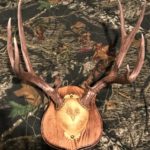
Best of luck and happy hunting!
Related Article: Post-Hunting Season Checklist
